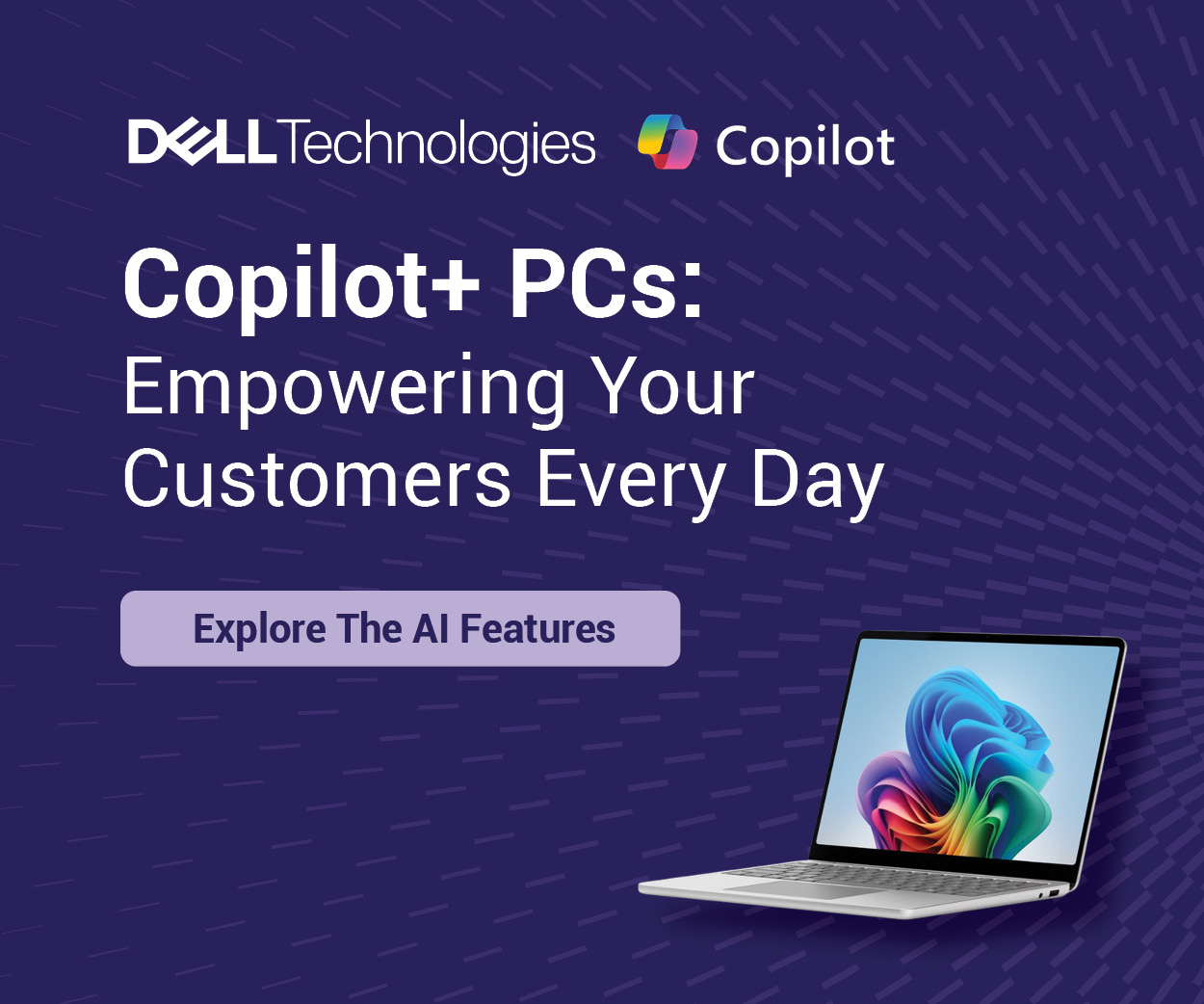With pressure to take action on climate change and rising energy costs, today's IT decision-makers are seeing the importance of sustainable technology to drive business and societal outcomes. More than 80% of respondents in a recent IDC survey agreed that sustainability is one of the most important criteria when making IT buying decisions.
This is a powerful indicator that could have far-reaching implications for your business. Tech providers who can present sustainable options to IT buyers could see a marked increase in business growth as issues like climate change and carbon footprint management come to the fore.
How sustainability is driving your customers’ businesses
What makes sustainability an essential factor in your customers’ IT purchasing? It’s a combination of corporate responsibility and business growth. On the one hand, we’re now coming to terms with the fact that battling climate change is a critical concern for all of us. Passing on a healthy environment to each new generation means taking responsibility for our actions today. We must seek new ways to reduce power consumption, lower carbon footprints and produce less waste.
The tipping point arrives when businesses can combine those hard truths with wise business practices. Organizations are quickly discovering that sustainability can help improve operational efficiency, lower costs and bolster brand reputation.
Internalizing ESG factors helps your customers better cater to consumer demand for sustainable products that align with their evolving worldviews. These factors also come into play when hiring and retaining top talent. Employees are increasingly interested in working for an employer whose culture, values and sustainability goals align with their own.
Helping your customers meet their sustainability goals
As with any relationship, communication is key. Start by having a frank discussion with your customers about their sustainability goals. What are their primary concerns? What kind of pressure are they getting from the market? Do they have a timeline for instituting more sustainable business practices?
Keep in mind that sustainability goals often differ based on regionality. It stands to reason that major global markets vary in their priorities:
- Europe, the Middle East and Africa (EMEA) often focus on net-zero carbon emissions and lower power consumption.
- Buyers in North America look for suppliers and partners that share their sustainability goals and preferences for renewables, including bamboo and bio-based materials.
- When speaking to customers in the Asia-Pacific (APAC) region, you may note a particular focus on packaging and reducing plastics.
As the conversation evolves, you may need to clarify that sustainability efforts must account for the entire product lifecycle. This includes purchasing (materials), operation (power consumption) and replacement (material reuse). The Dell Sustainability Playbook For Channel Partners can help you navigate these discussions and offer each customer solutions that make sense for their individual businesses.
Helping your customers move to a lifecycle model can impact their overall sustainability metrics. To affect these changes, use the Dell Partner Portal to learn how PC as a Service (PCaaS) can help your customers minimize their environmental impact. Combining “as a Service” (aaS) offerings with the hybrid-work-focused Dell Technologies Client Portfolio will give you and your customers the tools you need to create a more sustainable and cost-effective future.













